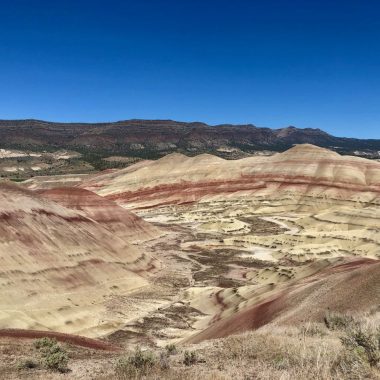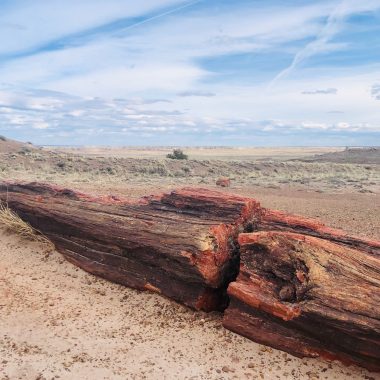To Displease a King
His Highness, the Prince of Marcillac François de La Rochefoucauld once said, “Envy is more irreconcilable than hatred.” One wonders if he was perhaps referring to another member of Louis XIV’s royal court at the time, Nicolas Fouquet. Fouquet was a famous financier who became the young King’s Finance Minister in 1653. Having acquired significant wealth, Fouquet did what any man with exceptional taste would do– hire the leading interior, landscape, and structural architects of his time to build a fabulous château!
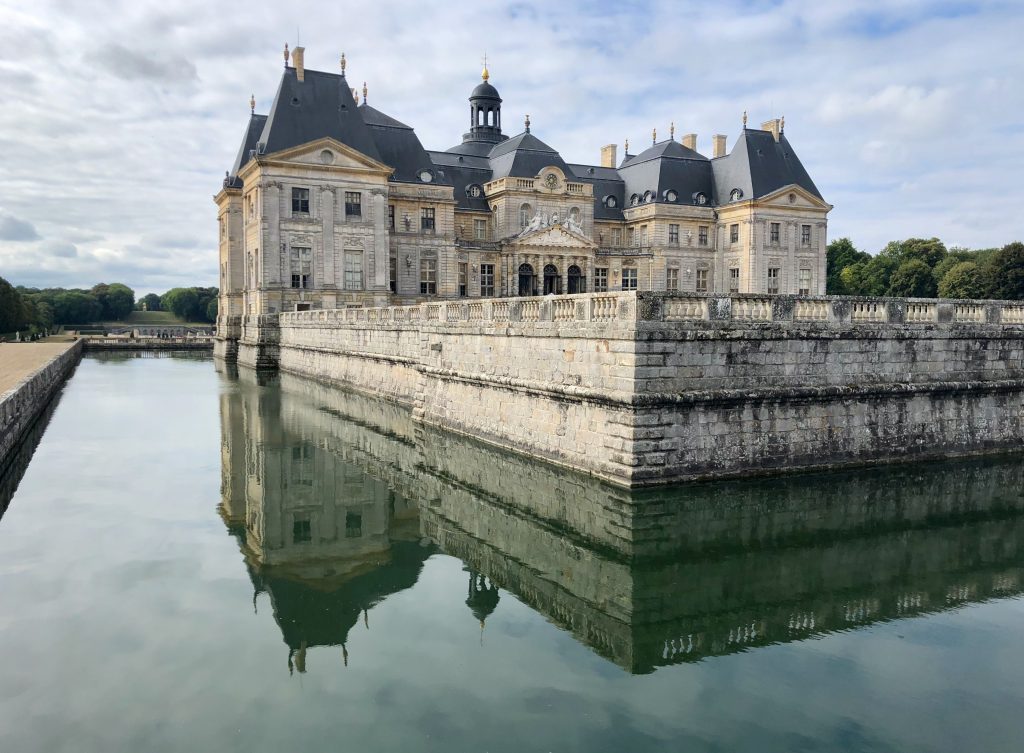
Construction for Château de Vaux-le-Vicomte began in earnest in 1658 with the help of architect Louis le Vau, landscape architect André le Nôtre, and interior designer Charles Le Brun. This team would later go on to lead the design and construction of the famous Château de Versailles. After demolishing three villages, building elaborate gardens that stretched for nearly a mile and a half, and shape-shifting two rivers into a grand canal, Vaux was completed in 1861.
“On 17 August, at six in the evening Fouquet was the King of France: at two in the morning he was nobody.”
Voltaire
To celebrate its completion, Fouquet threw a grand bash, inviting the 22 year old King Louis XIV and the King’s mother. The King, already suspicious of Fouquet’s ambition because of rumors spread by members of his own court, boiled with envy as he was entertained in what had become the most grand château and garden in all of France.
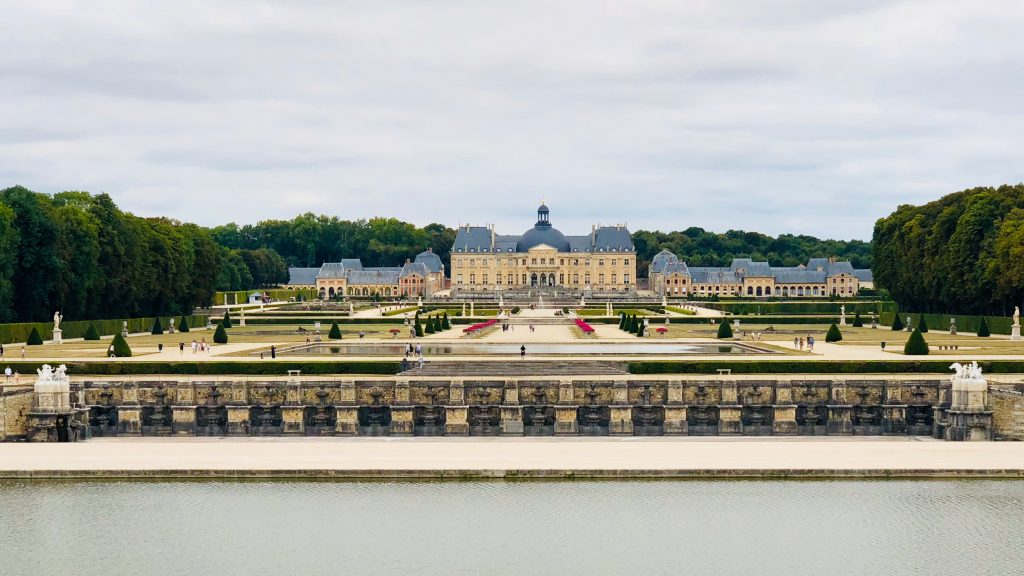
Soon after the party, Fouquet was arrested by the King’s musketeers. His trial lasted for three years before Fouquet was ultimately sentenced to banishment. Not satisfied with the sentence, the King commuted it to life in prison. And so, Fouquet spent the rest of his days, until his death in 1680, in prison. It’s hard to imagine a more terrible fate for a man with such great ambition and taste. He never really got to enjoy Vaux– but you certainly can the next time you visit France.
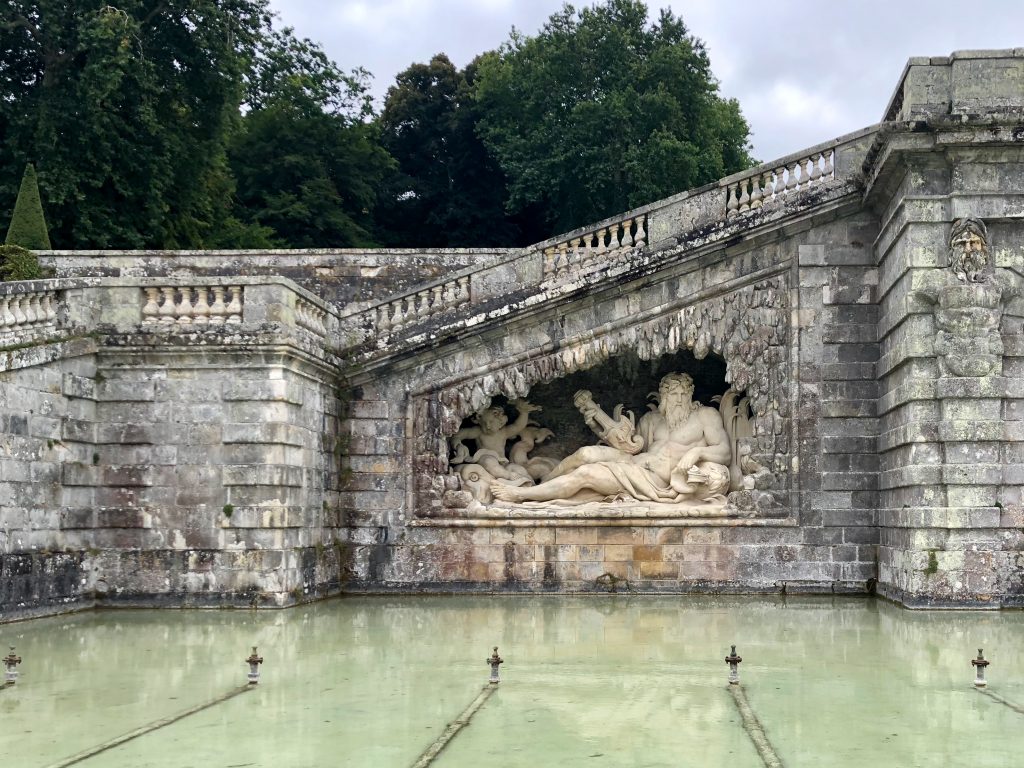
Visiting Vaux
I visited Vaux during a summer trip to Paris for a tour of Napoleonic historical sites, including Fontainebleu, the site of Napoleon’s abdication and his historical museum. Tours to Fontainebleu often include Vaux as a stop on the way. Less than an hour outside Paris, Vaux offers an enthralling detour into both French architectural history and the drama and treachery of life in the French Royal Court.

Visiting Vaux includes a self-guided tour through the château and grounds. The grounds are very large, requiring up to three miles or more of walking. Bring comfortable shoes and allow time to amble around and imagine yourself living this life of splendor. If you can, visit Vaux before Versailles. The grand perspectives on the gardens, the massive fountains, and the all- stone facade at Vaux were all precursors to the design aesthetic at Versailles. After jailing Fouquet, King Louis commissioned Vaux’s architecture and design teams to begin building Versailles. Versailles demonstrates that envy may indeed be reconcilable, but that reconciliation, particularly for the envious, comes at great cost.

